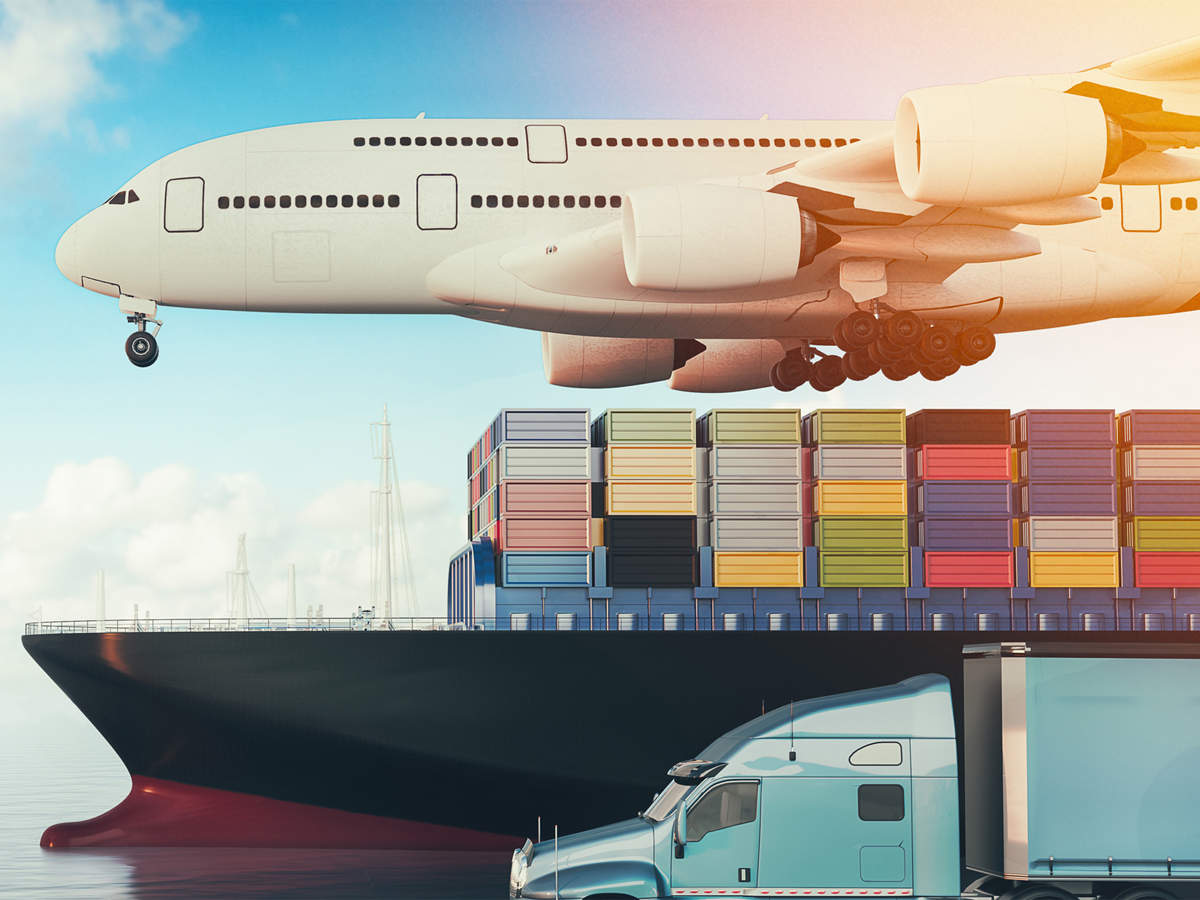
What’s shaping the Air Cargo industry in 2023?
While traditional air cargo consisted of high-value, time-sensitive items such as electronics and pharma, e-commerce has contributed to a wider range of goods being shipped by air, including clothing, home goods, and even food and beverages.
There’s no denying that air cargo is a vital part of the global economy, responsible for the rapid and efficient transportation of goods around the world. Recently, the industry has faced various challenges, from rising fuel costs and increased competition to the long-term ripple effects of the COVID-19 pandemic.
As we look to the year ahead, we believe there will be several key trends to keep an eye on, which will influence not only how the industry operates, but how it serves its customers too.
No slowing down when it comes to e-commerce volumes
The growth of e-commerce has had a significant impact on the air freight shipping industry. With more and more people turning to online shopping, the demand for fast and reliable delivery of products has increased significantly, and air cargo is naturally well suited for this logistic challenge.
For example, according to research from the International Air Transport Association (IATA), the annual value of global e-commerce sales was initially forecast to exceed US$4.4 trillion by 2025, but in fact reached this milestone in 2021. The new estimated forecast for 2025 has now grown well beyond past predictions, to reach US$7.4 trillion.
Interestingly, e-commerce has driven a shift in the types of cargo being shipped by air. In the past, air freight was primarily used for shipping larger quantities of goods, such as pallets of products or full container loads. However, the rise of e-commerce has led to a surge in the demand for small package delivery, as more and more consumers purchase individual items online.
What’s more, while traditional air cargo has typically consisted of high-value, time-sensitive items such as electronics and pharmaceuticals, e-commerce has contributed to a wider range of goods being shipped by air, including clothing, home goods, and even food and beverages.
One of the key challenges for the air cargo industry in handling e-commerce volumes is the need for speed and flexibility. These orders often need to be delivered quickly, and the air cargo industry is responding by implementing measures such as specialized cargo terminals, which are equipped with advanced sorting and handling facilities to process smaller, time-sensitive packages more efficiently.
The good news is we are yet to see a ceiling for e-commerce penetration, and as a result, many airlines will continue to adapt to the e-commerce model to ensure longevity and diversify their revenue streams.
Smart airlines will use technology to differentiate themselves
Inflation, consumer spending and inventories all impact the volume of cargo carried by air and have proven to be less predictable since the pandemic. Many argue that the air cargo industry has lacked comprehensive digital integration for too long and that a focus on digitalization will enable stakeholders to be more agile and better adapt to these rapidly changing market conditions.
Clearly, end-to-end digital processes have the capacity to transform the air cargo industry and are expected to continue to improve efficiency, reduce costs, and increase transparency in the months and years ahead.
An example is the ability to dynamically search for capacity and rates and then action direct electronic bookings (eBookings) in real time. While fairly simple in theory, it’s likely to become an even more prevalent alternative to manual, traditional methods of booking cargo space on an aircraft.
That’s because eBookings enable faster and more efficient booking processes, as all information is entered once at the source and then transmitted electronically. Operators no longer need to wait in telephone queues or for someone to respond by email. Rather, forwarders can facilitate their booking, direct from their operating system, and at a time that suits them, eliminating many error-prone, manual processes.
Improved communication is also a key benefit of eBookings, as all booking information is stored in a central location that can be accessed easily and at the touch of a button. Additionally, real-time updates allow users to know whether all legs have been confirmed, or if there is a pending request for particular or multiple transhipment legs.
Sustainability takes flight
While the airline industry overall has long acknowledged its role in contributing to global greenhouse gas emissions, there is a growing focus on sustainability to reduce its environmental impact and address concerns related to climate change.
For example, members of IATA, which represents around 300 airlines carrying approximately 83 percent of the world’s air traffic, have committed to achieving net-zero carbon emissions from their operations by 2050. This pledge brings air transport in line with the objectives of the Paris Agreement to limit global warming.
One way the air cargo industry is working towards improving its sustainability is through the use of alternative fuels including Sustainable Aviation Fuel (SAF). While traditional jet fuel is still the main fuel used for air cargo operations, there are now several alternative fuels being developed and tested. These include biofuels made from agricultural waste, renewable diesel made from plant oils, and even electricity and hydrogen.
Another area of focus is the use of more efficient aircraft. Many airlines and cargo carriers are investing in newer, more fuel-efficient planes that emit fewer greenhouse gases. Additionally, the industry is working to reduce its waste and increase recycling efforts. This includes recycling materials used in the construction and maintenance of planes, as well as reducing the amount of packaging used for shipping goods.
It’s set to be another big year for the air cargo industry, with trends across sustainability, e-commerce and digitalization continuing to shape its future. By keeping an eye on these trends and being proactive in addressing them, the air cargo industry can position itself for success in 2023 and beyond.
